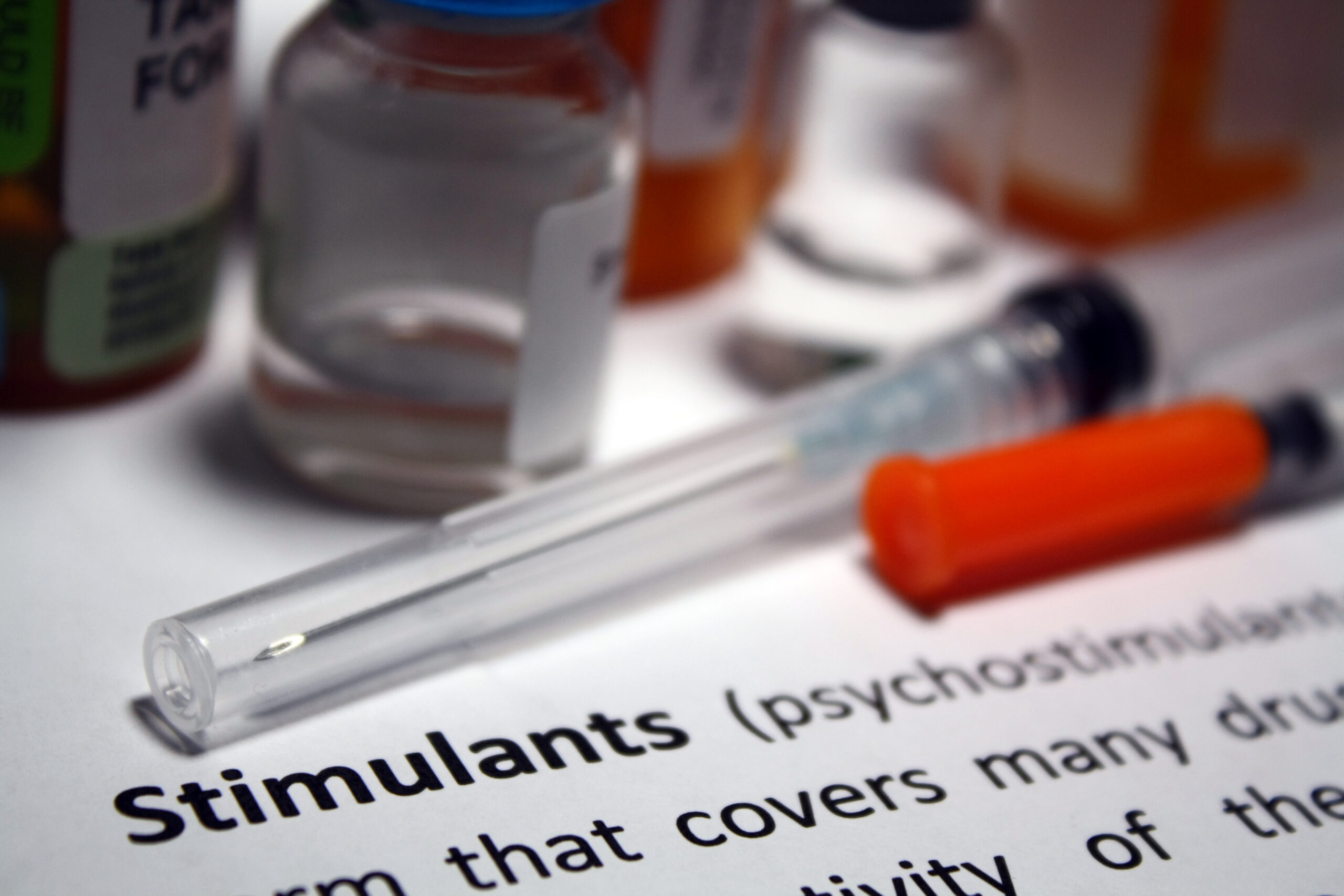Methadone Treatment: Recent Revision to Regulation Covering Facilities Treating Individuals for a Primary Diagnosis Other Than Opioid Use Disorder
In this fact sheet the Legislative Analysis and Public Policy Association (LAPPA) details the changes to the "primary diagnosis other than OUD" regulation. The fact sheet also covers the federal regulatory scheme for methadone for OUD and explains what led SAMHSA to revise its regulations. ...










